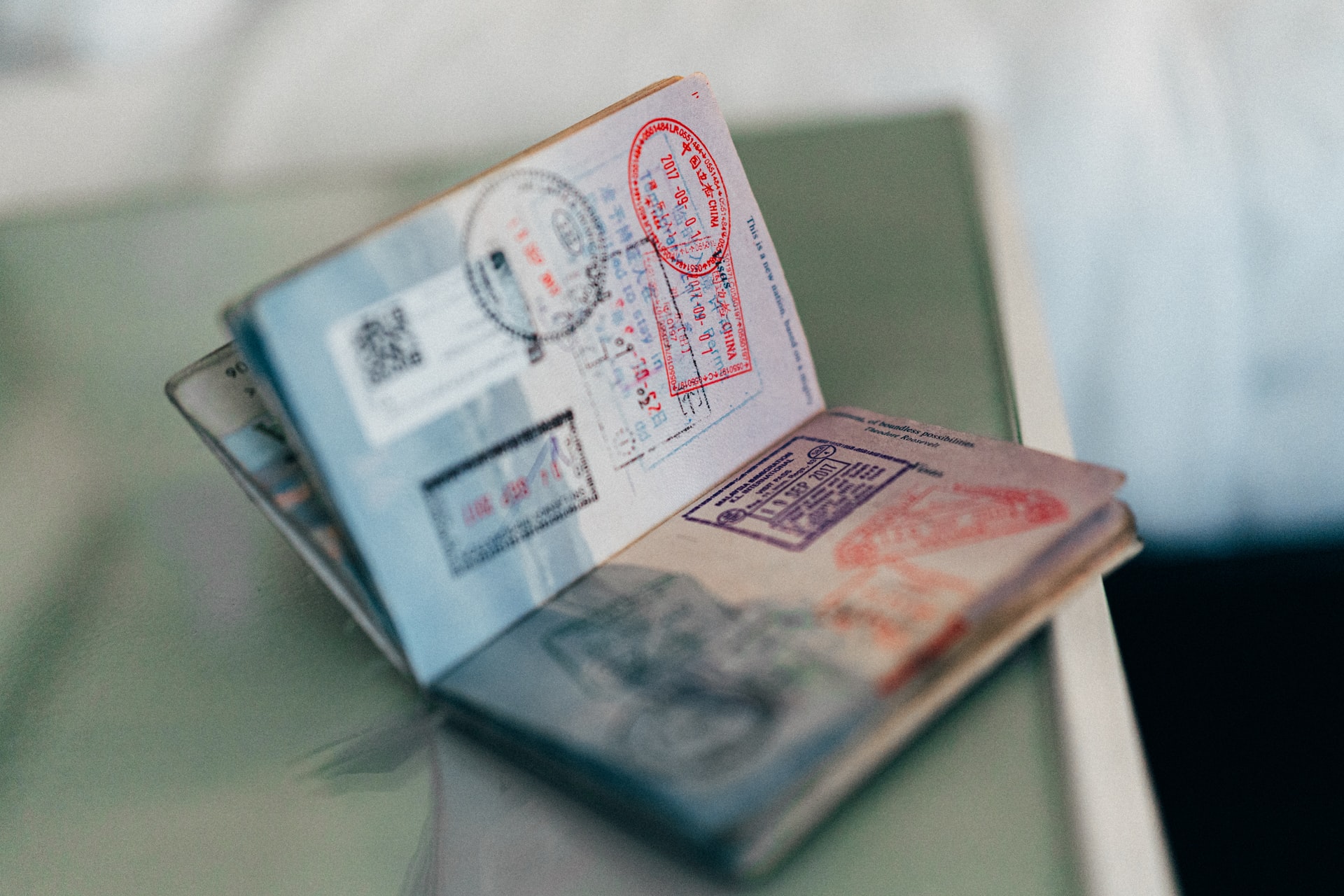Visas and Permits in Ireland
In Ireland, there are two types of visas:
- Type C visa – short-term visa (up to 90 days)
- Type D visa – long-term visa (90 days or longer)
Previously, you had to put a new visa in your passport every year to return to Ireland (re-entry visa). Now, this visa has been replaced by a resident card (Irish Residence Permit).
Let’s take a closer look at visas, particularly on what grounds they can be obtained.
Type C visas
- Tourist visa
- Business visa – for attending meetings, signing contracts and work for no more than 14 days
- Family or friends visa – for those who want to visit relatives or friends living in Ireland
- Conference or event visa
- Employment (Atypical Working Scheme) visa – for highly qualified and narrowly qualified workers only, for temporary substitute doctors, researchers or nurses and midwives in the RCSI Clinical Adaptation and Assessment Program
- Exam visa – only for three types of exams (PRES for doctors, professional accreditation exams for accountants and remote education exams, only in cases where there is no exam centre in your country and the Irish centre is the closest)
- Paid internship
- Unpaid internship
- Join ship visa – allows sailors to join a ship leaving Ireland
- Marriage visa – this visa can only be applied for by people whose marriage will be registered in Ireland
- Medical treatment visa – enables you to come for a medical procedure if this procedure is not available in your country, and you can pay for it in total
- Performance or tournament visa – allows artists to fly in for performances and athletes to take part in tournaments. Tournaments include chess/debate tournaments and others.
- Training visa
- Visa for non-EU/EEA & non-Swiss citizen travelling with EU/EEA/Swiss family
Type D visas
- Study visa – for studies in a language course or other programs longer than 90 days.
- Join a family member visa – for family members of Irish residents (work visa, startup visa, investment visa)
- Employment visa – you can only apply for this type of visa if you already have an employment permit and a contract of employment
- Employment (researcher) visa – work visa for researchers for a maximum of five years
- Employment (Van der Elst) visa – for those who work legally in another EU country but are not an EU citizen and whose work requires them to come to Ireland for up to 12 months to perform work duties;
- Minister of religion visa
- Volunteer visa – a volunteer visa allows you to work for up to two years as a volunteer with a pre-approved organisation in the arts, culture, religion, sports or community activities.
- Visa for non-EU/EEA & non-Swiss citizen travelling with EU/EEA/Swiss family
For each type and subtype of visas, there are lists of necessary documents and subtleties. For each, you need to fill out an electronic visa application on the website and pay the visa fee.
It is worth noting that if you also want to visit Northern Ireland (Belfast, Giant’s Trail and Winterfell Castle), you will need to apply for a visa to the UK.




